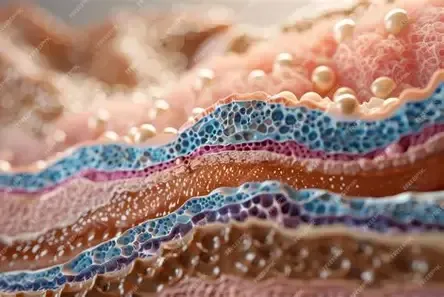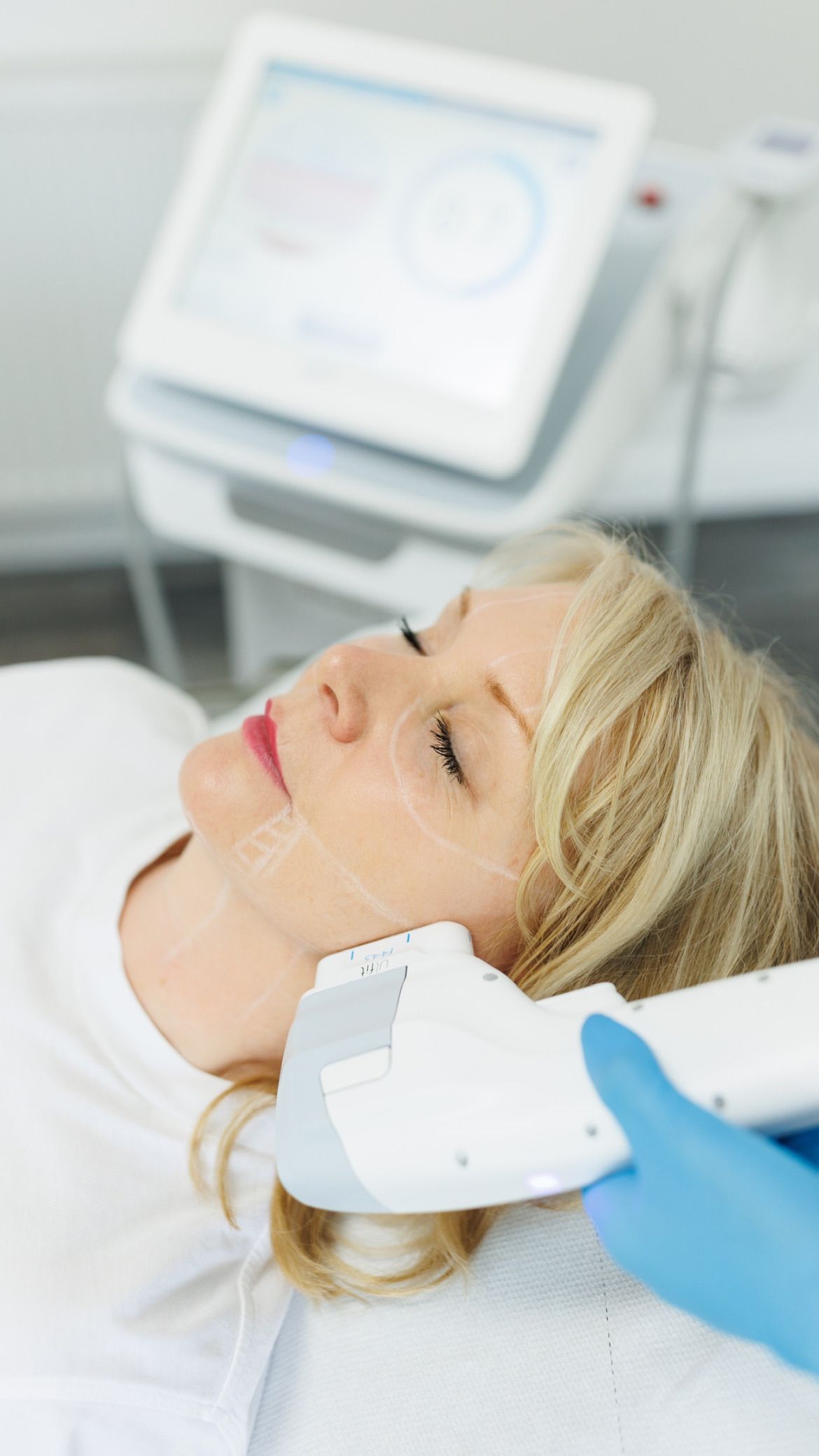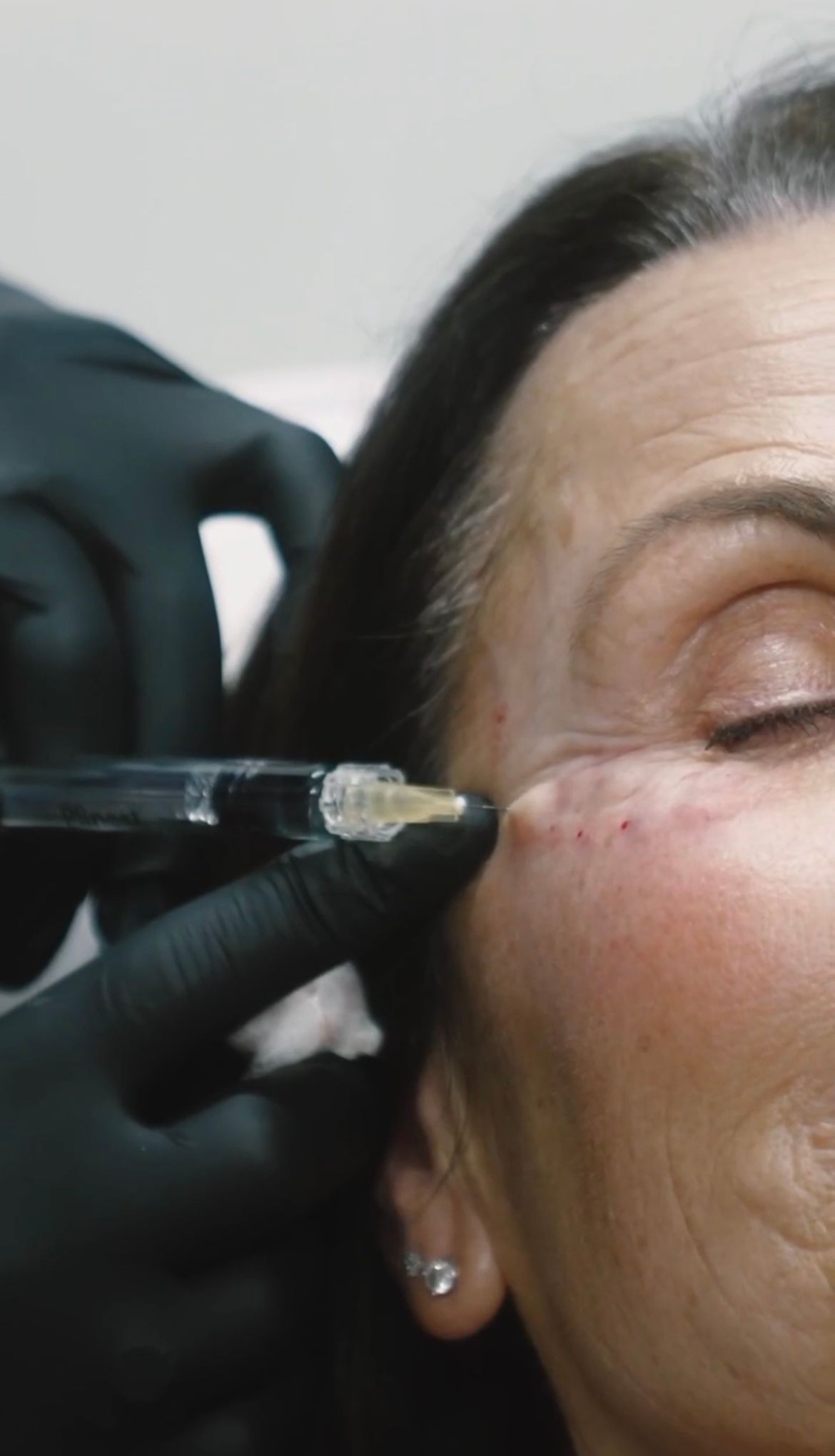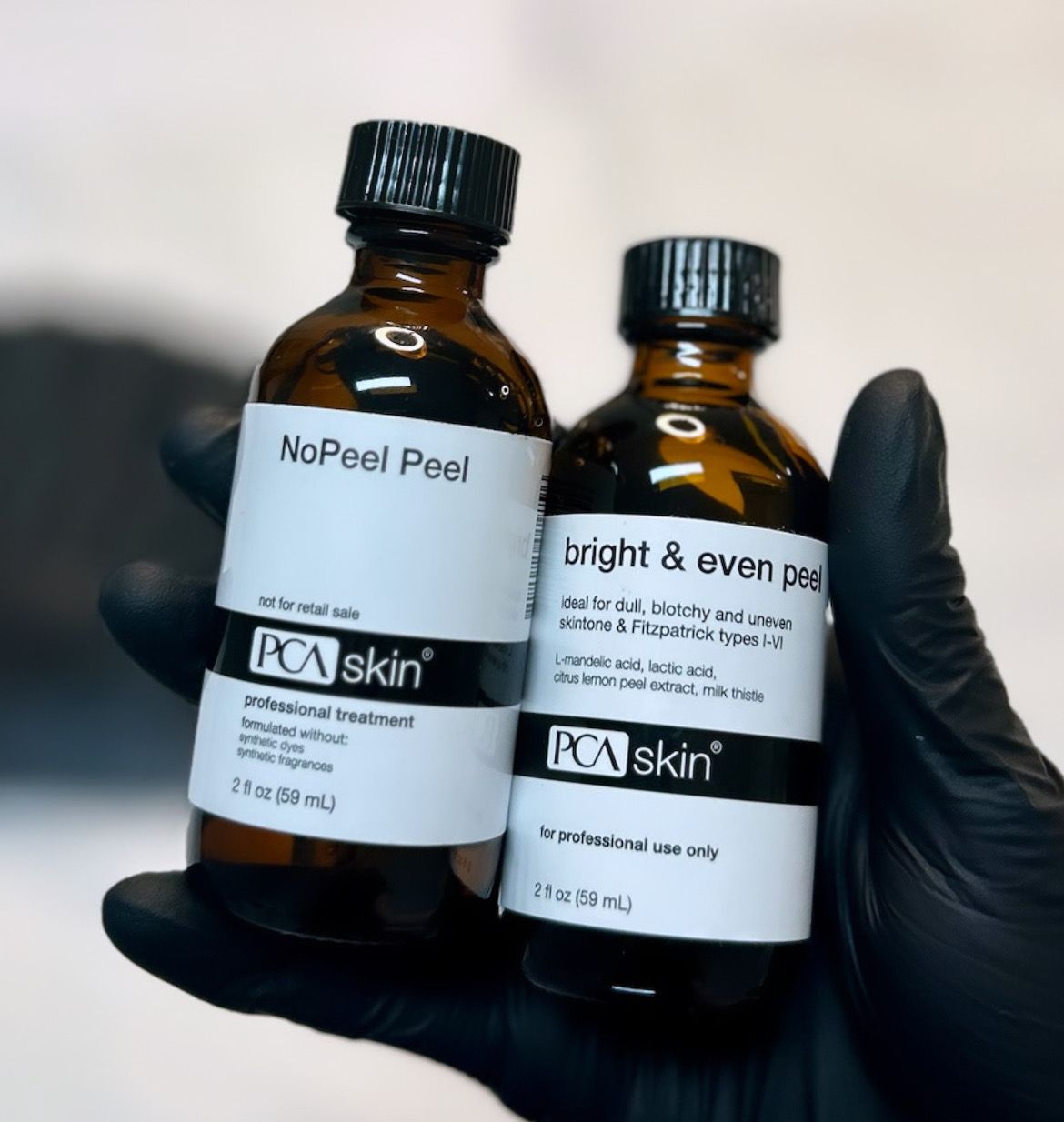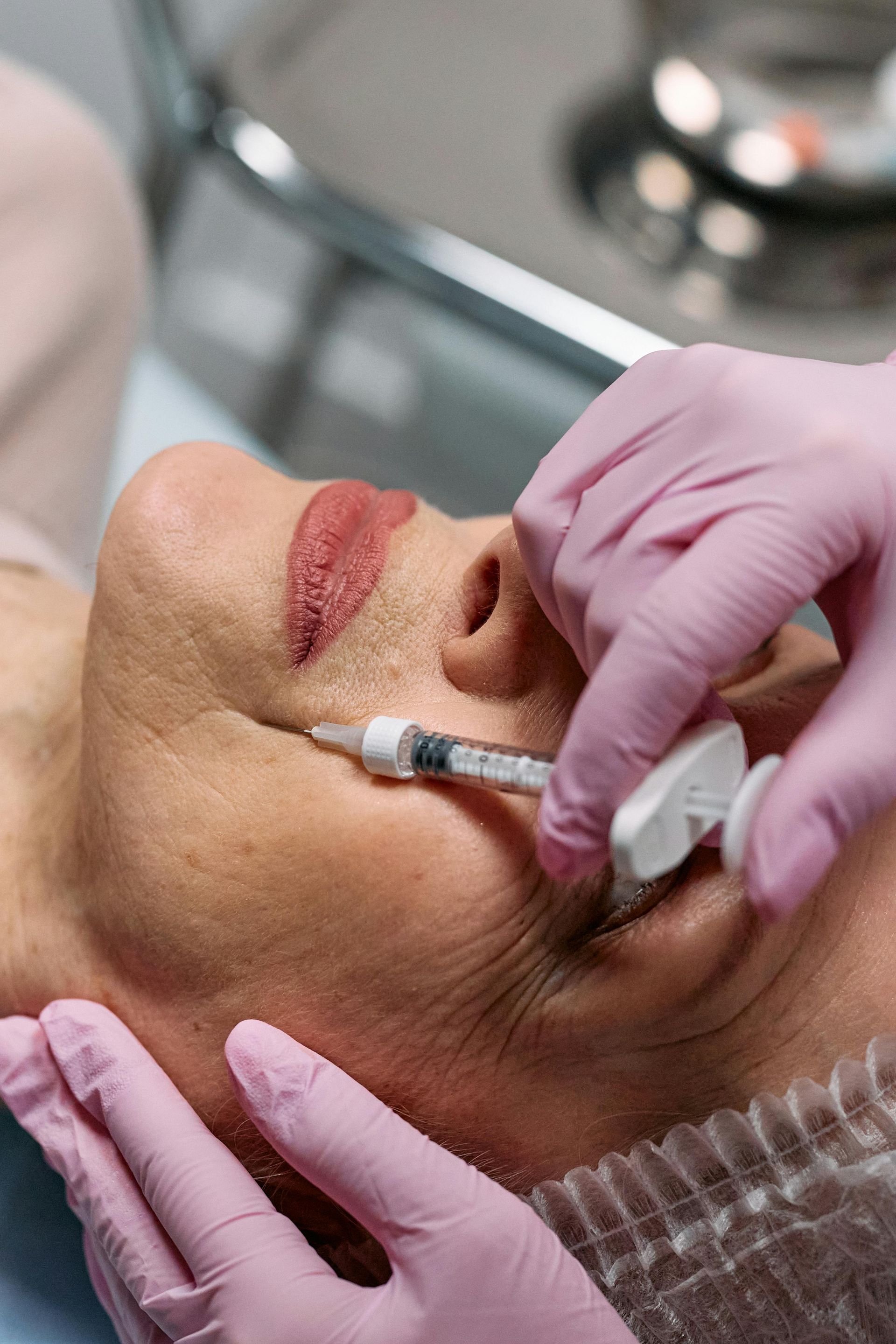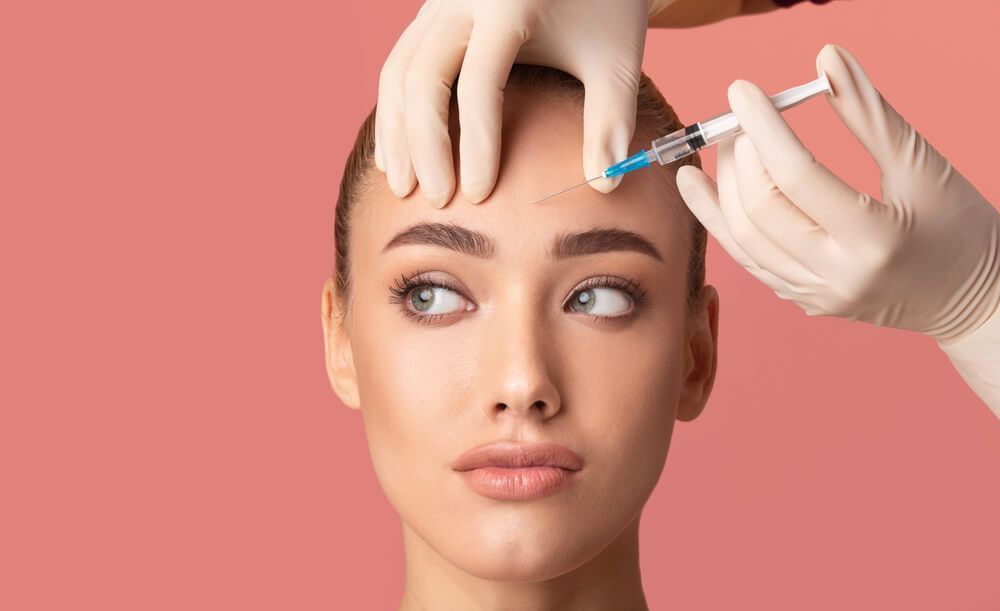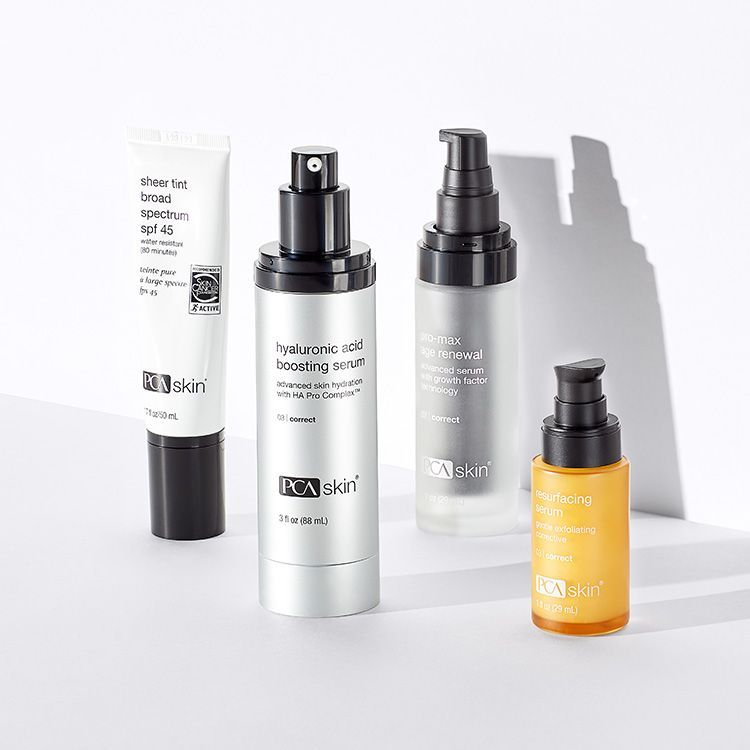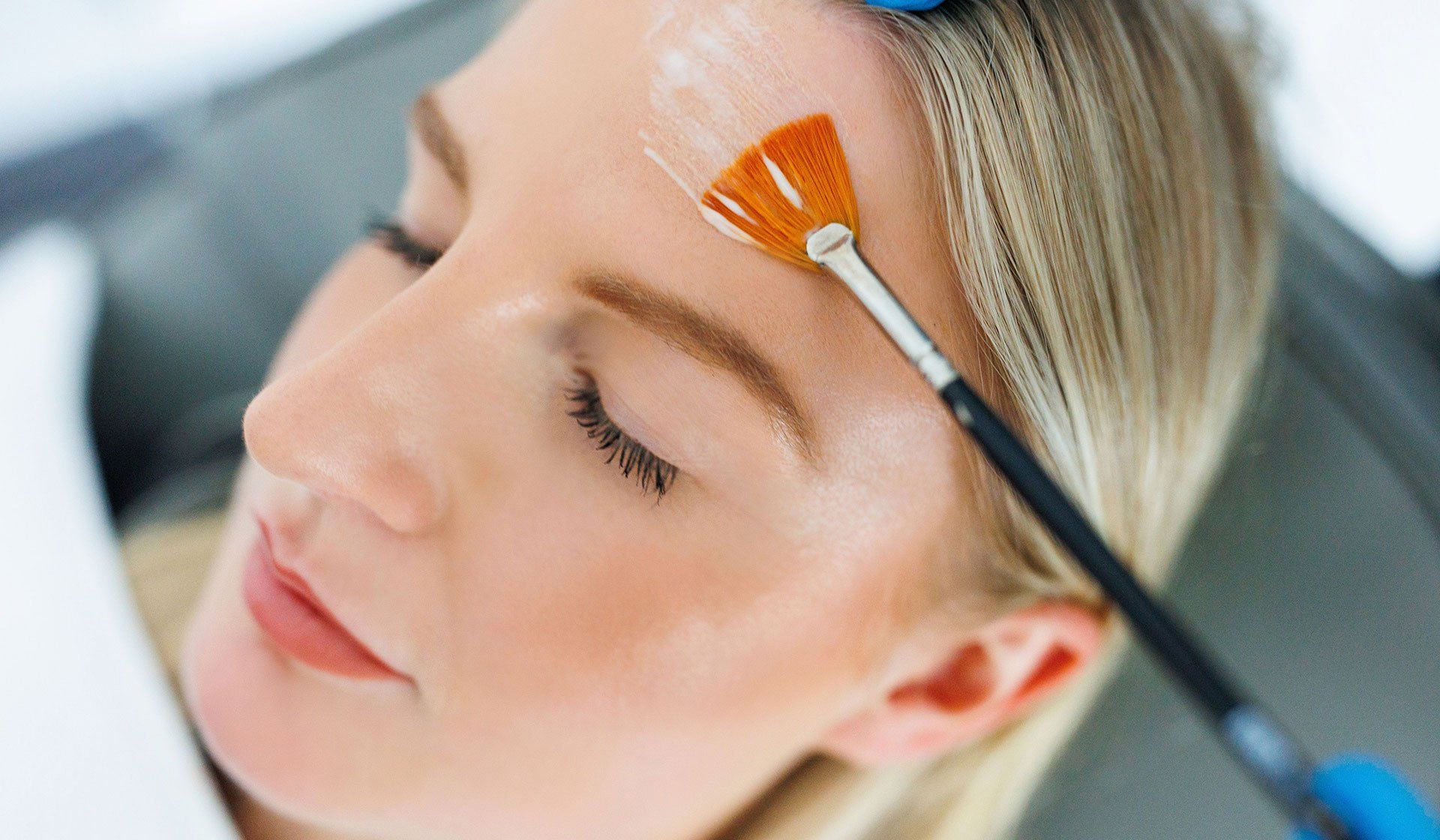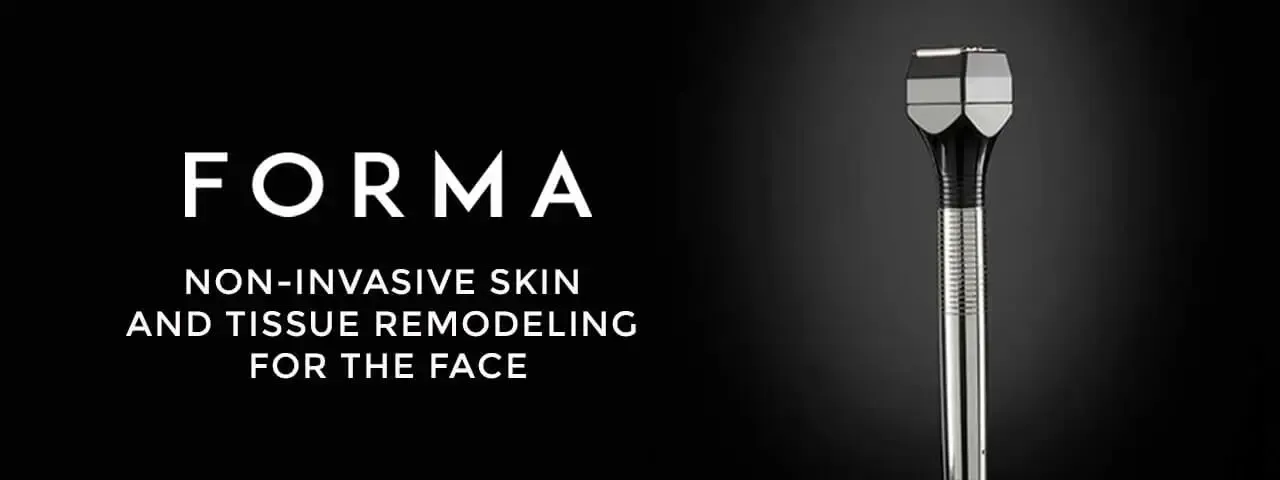The Ultimate Guide To Acne Management: Expert Advice from Dr Becky
Acne is one of the most common skin concerns, affecting people of all ages. While it is often associated with adolescence, many adults also struggle with persistent breakouts. As a GP and dermatologist, I understand how frustrating and sometimes painful acne can be. Fortunately, with the right skincare routine and treatments, it is possible to manage and reduce breakouts effectively.
Understanding Acne
Acne occurs when follicles become clogged with oil and dead skin cells, leading to inflammation and bacterial growth. The main types of acne include:
· Whiteheads & Blackheads (Comedonal Acne): Caused by clogged pores.
· Papules & Pustules: Inflamed red bumps or pus-filled lesions.
· Nodules & Cysts: Severe forms of acne that can cause scarring.
Effective Acne Management Tips
1. Establish a Consistent Skincare Routine
A simple yet effective skincare routine is essential for preventing and treating acne.
· Cleanse: Use a gentle, non-comedogenic cleanser twice daily.
· Exfoliate: Chemical exfoliants like salicylic acid can help unclog pores.
· Moisturise: Hydration is key, even for oily skin—opt for a lightweight, oil-free moisturiser.
· Sun Protection: Always use a broad-spectrum SPF %0+ sunscreen to prevent hyperpigmentation and irritation from acne treatments.
2. Use Acne-Fighting Ingredients
Look for products containing:
· Benzoyl Peroxide: Kills acne-causing bacteria.
· Salicylic Acid: Unclogs pores and reduces inflammation.
· Retinoids: Promote cell turnover and prevent clogged pores.
· Niacinamide: Reduces redness and regulates oil production.
3. Avoid Common Acne Triggers
· Touching Your Face: Hands carry bacteria that can worsen breakouts.
· Dirty Pillowcases & Phones: Change pillowcases frequently and clean your phone regularly.
· Diet: Good skin health start from within, a healthy balanced diet and plenty of water means your skin is getting everything it needs to repair itself and stay hydrated.
4. Consider Professional Treatments
If over-the-counter products aren’t effective, consult a doctor for personalised treatment options such as:
· Prescription Topicals: Stronger retinoids or antibiotics.
· Oral Medications: Antibiotics can be prescribed in clinic where suitable
· Aesthetic Treatments: At Be You we offer a variety of treatments that can be beneficial for acne including facials, chemical peels and microneedling which can be great for scarring.
When to See a Doctor
If your acne is persistent, painful, or causing scarring, it’s time to seek professional help. Book a skin consultation and we can discuss your skin care regime, what treatments we can offer to work on your skin and if necessary provide prescriptions to help manage your acne*.
Final Thoughts
Acne management requires patience and consistency, but with the right approach, clear skin is achievable. Focus on gentle skincare, effective ingredients, and professional guidance when needed. If you’re struggling with acne, don’t hesitate to reach for expert advice.
Have questions about your acne? Leave a comment below or book a consultation with a skincare professional!
*Isotretinoin (Roaccutane) not prescriptible in clinic but advice can be provided on if this is suitable and what the treatment involves
